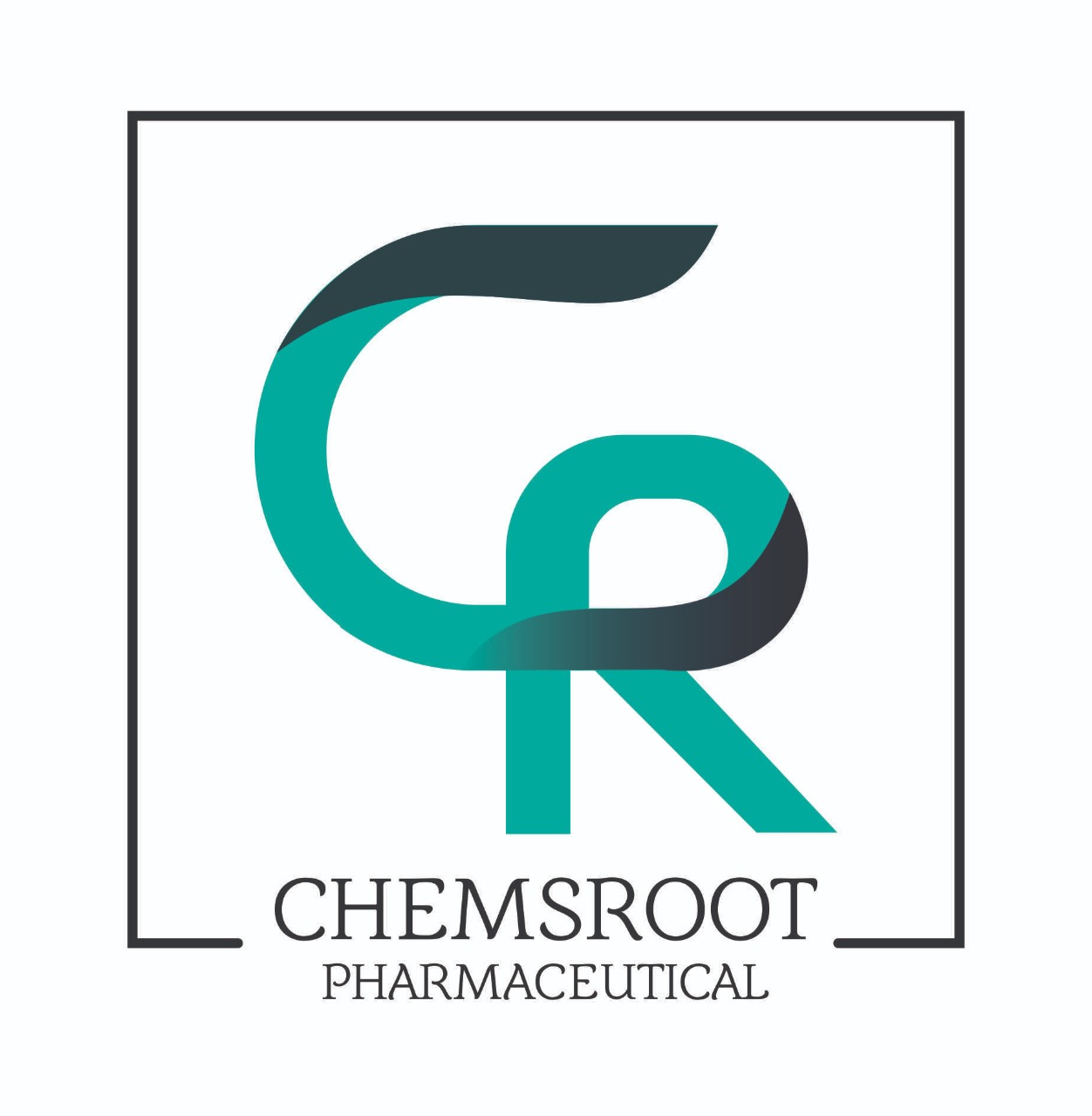AI Unleashed: Revolutionizing the Pharmaceutical Industry
10 Frequently Asked Questions (FAQs) About PCD Pharma Franchise
April 26, 202420 Facts about the Pharmaceutical Industry Post AI Revolution
May 13, 2024The Evolution of Medicine: How AI is Revolutionizing the Pharmaceutical Industry
In an era where technological advancements have become synonymous with progress, the integration of Artificial Intelligence (AI) into various industries has sparked a revolution, and the pharmaceutical sector is no exception. From drug discovery to patient care, AI is reshaping every aspect of the pharmaceutical industry, offering unprecedented opportunities for innovation and efficiency. In this blog post, we delve into the profound impact of AI on the pharmaceutical landscape, exploring its transformative potential and the promising future it heralds for healthcare.
Unleashing the Power of Data
At the heart of AI’s influence in pharmaceuticals lies its ability to analyze vast amounts of data with unparalleled speed and accuracy. Drug discovery, a traditionally laborious and time-consuming process, has been revolutionized by AI-powered algorithms capable of sifting through massive datasets to identify potential drug candidates. By leveraging machine learning algorithms, researchers can predict the efficacy and safety of new compounds, significantly accelerating the drug development pipeline.
Moreover, AI facilitates the repurposing of existing drugs for new indications by identifying novel therapeutic uses based on molecular characteristics and biological pathways. This approach not only expedites the discovery process but also offers cost-effective solutions for addressing unmet medical needs.

Personalized Medicine and Targeted Therapies
One of the most promising applications of AI in pharmaceuticals is the advancement of personalized medicine and targeted therapies. By analyzing patient data, including genetic information, medical history, and lifestyle factors, AI algorithms can identify biomarkers and patterns that enable tailored treatment strategies. This individualized approach not only improves treatment outcomes but also minimizes adverse effects by optimizing drug selection and dosage for each patient.
Furthermore, AI-driven predictive analytics empower healthcare providers to anticipate disease progression and treatment response, allowing for proactive intervention and personalized care plans. This shift from a one-size-fits-all approach to precision medicine holds the potential to revolutionize patient management and improve long-term health outcomes.
Enhancing Drug Safety and Regulatory Compliance
Ensuring the safety and efficacy of pharmaceutical products is paramount in healthcare, and AI plays a crucial role in enhancing drug safety and regulatory compliance. By analyzing real-world data from diverse sources, including electronic health records, clinical trials, and adverse event reports, AI algorithms can identify potential safety concerns and drug interactions early in the development process.
Additionally, AI-powered systems streamline regulatory compliance by automating the analysis of complex regulatory requirements and facilitating the submission process for drug approval. This not only expedites the time-to-market for new treatments but also ensures adherence to stringent regulatory standards, safeguarding patient welfare.
Optimizing Clinical Trials
Clinical trials are the cornerstone of evidence-based medicine, but they are often plagued by challenges such as patient recruitment, protocol design, and data analysis. AI offers innovative solutions to overcome these hurdles, revolutionizing the conduct and management of clinical trials.
By leveraging predictive analytics and machine learning algorithms, AI can identify suitable candidates for clinical trials based on specific criteria, streamlining the recruitment process and reducing time and costs. Furthermore, AI-driven platforms optimize trial design by analyzing real-time data to adapt protocols and endpoints dynamically, ensuring efficient trial execution and maximizing the likelihood of success.
The Road Ahead: Challenges and Opportunities
While the integration of AI holds immense promise for the pharmaceutical industry, it also presents its share of challenges. Ethical considerations regarding data privacy, algorithm bias, and transparency are paramount, requiring careful regulation and oversight to ensure responsible AI deployment.
Furthermore, the complexity of biological systems and the variability of human physiology pose significant obstacles to AI-driven drug development and personalized medicine. Overcoming these challenges will require interdisciplinary collaboration and continued investment in research and development.
Despite these challenges, the transformative potential of AI in the pharmaceutical industry is undeniable. From accelerating drug discovery to revolutionizing patient care, AI is poised to reshape healthcare as we know it, ushering in a new era of innovation and progress.
Conclusion
In conclusion, the integration of AI into the pharmaceutical industry represents a paradigm shift with far-reaching implications for healthcare. By harnessing the power of data and machine learning, AI is transforming every aspect of drug development, from discovery to commercialization. Personalized medicine, targeted therapies, enhanced safety, and optimized clinical trials are just a few examples of the myriad ways in which AI is revolutionizing healthcare delivery.
As we navigate the opportunities and challenges of this AI-driven future, collaboration between stakeholders, including researchers, healthcare providers, regulators, and industry leaders, will be crucial to realizing the full potential of AI in pharmaceuticals. Together, we can harness the transformative power of AI to improve patient outcomes, enhance public health, and shape a brighter future for healthcare worldwide.
Contact Us:
Phone no.- 8699504069.
E-mail – chemsrootpharmaceuticals@gmail.com

